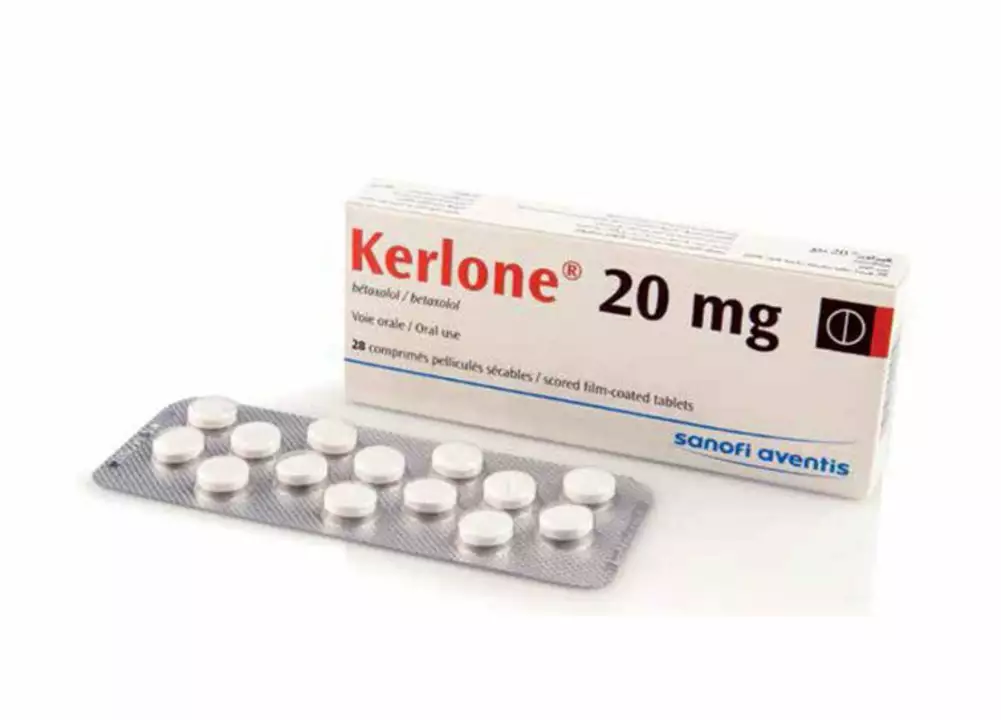Precautions Every Medicine User Should Know
If you grab a pill or a powder without thinking twice, you might be setting yourself up for trouble. Below are the most practical steps you can take right now to keep your body safe while you treat a condition or boost your health.
Read the label carefully
The tiny print on bottles is more than a legal requirement – it tells you dosage, timing, and warnings. Check the strength (like 20 mg vs. 40 mg) before you take anything. If the label says ‘take with food’ or ‘avoid alcohol,’ follow that advice; those instructions exist because someone tested the drug and found a problem.
Talk to your doctor before mixing
Even over‑the‑counter vitamins can clash with prescription drugs. A common example is St John’s wort making birth control pills less effective. Before you start any new supplement, fire off a quick email or call your pharmacy and list everything you’re already taking.
Keep a written list of all medicines, supplements, and even herbal teas you use. Update it whenever something changes – a new allergy medication, a seasonal flu shot, or a change in dose. Having this list handy speeds up the conversation with your healthcare provider and reduces the chance of a missed interaction.
Don’t ignore side‑effect warnings. If a drug says ‘may cause dizziness,’ plan to avoid driving until you know how it affects you. Mild nausea after an antibiotic is common, but sudden chest pain or swelling is a red flag that needs immediate medical attention.
Store medicines properly. Heat, humidity, and light can break down active ingredients. Keep pills in their original containers, away from the bathroom sink and out of reach of kids or pets.
If you miss a dose, don’t double up unless the label says it’s safe. Most drugs advise taking the missed dose as soon as you remember, then resume the regular schedule. Doubling can raise toxicity risk, especially with heart or blood pressure meds.
Traveling? Pack a small emergency kit with a few days’ worth of your essential meds, plus a copy of the prescription. Some countries have strict rules about importing drugs; having proof can save you from confiscation at customs.
Finally, trust your instincts. If something feels off after starting a new medication, reach out to a pharmacist or doctor right away. Early action can prevent a minor issue from becoming a major health problem.
Betaxolol and Pregnancy: What You Need to Know
As a blogger, I recently researched Betaxolol and its effects on pregnancy, and I wanted to share a quick summary of what I've learned. Betaxolol is a medication commonly used to treat high blood pressure and other heart conditions. It's important for pregnant women to know that this drug may have potential risks to the fetus, such as slowed heart rate and low birth weight. If you're pregnant or planning to become pregnant, it's crucial to consult with your healthcare provider about the safety of using Betaxolol. They can help you weigh the benefits and risks, and suggest alternative medications if necessary.
read more

